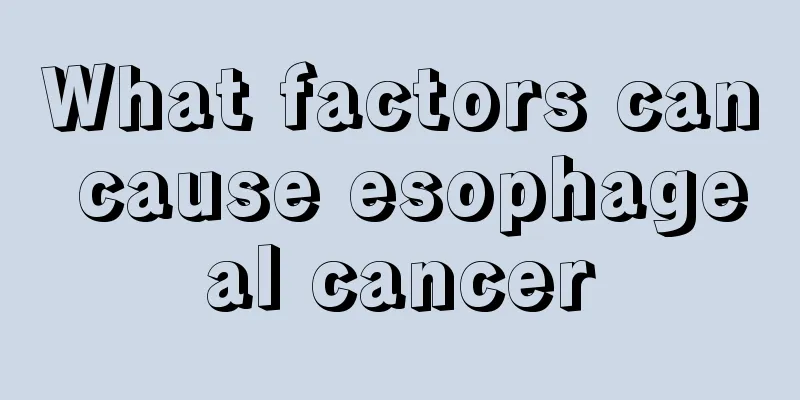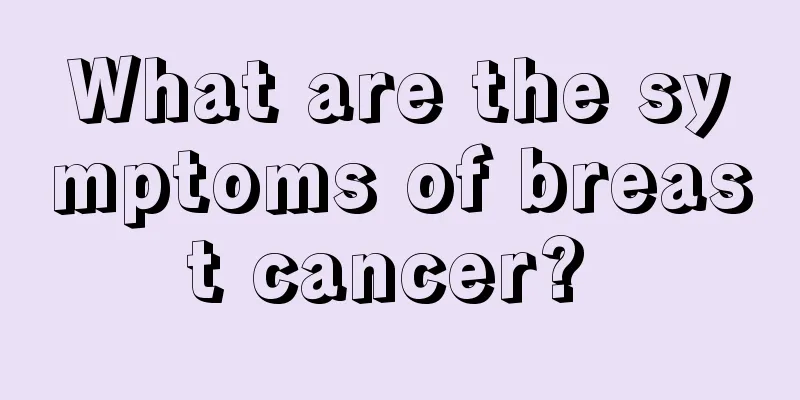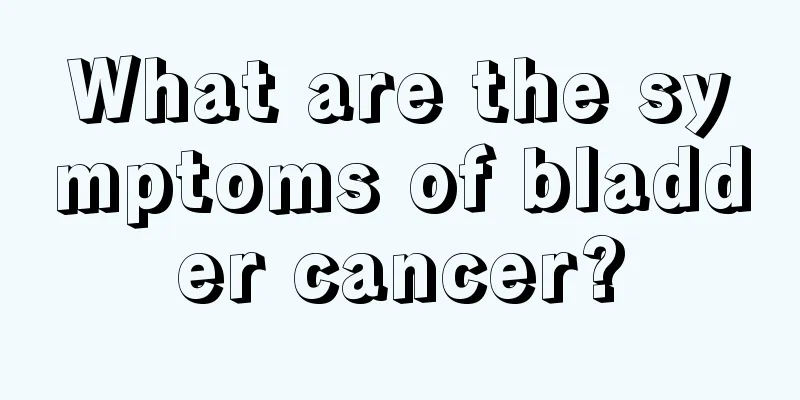Interventional treatment and nursing

|
Interventional therapy is a general term for treatment. It can treat many diseases, such as vascular diseases, tumor diseases, etc. Interventional therapy has many advantages. It has a wide range of indications and few complications. This treatment method is relatively low-risk. Of course, care should be strengthened after treatment. Let us understand the content of interventional treatment and nursing. Interventional treatment and nursing There are many types of diseases that can be treated with interventional therapy, covering almost all major diseases of all systems and organs in the body. Of course, its advantage lies mainly in the minimally invasive treatment of vascular and solid tumors. Vascular diseases: including percutaneous transluminal angioplasty and vascular stent placement for the treatment of vascular stenosis and occlusion, thrombolytic therapy for the treatment of arteriovenous thrombosis, bleeding control (acute and chronic trauma, postpartum, inflammation, varicose veins, etc.), embolization therapy for vascular malformations and arteriovenous fistulas and hemangiomas, inferior vena cava filters for the prevention of pulmonary embolism, transjugular intrahepatic portosystemic shunt (TIPSS) technology for the treatment of portal hypertension in cirrhosis, various angiographic diagnoses, venous blood sampling diagnosis, etc. Tumor diseases: including embolization and drug perfusion of the tumor's blood supply artery, preoperative embolization of tumor blood vessels, percutaneous tumor biopsy, radiofrequency ablation, cryoablation (argon-helium knife), radioactive particle implantation, etc. Non-vascular interventional techniques include various percutaneous biopsies, various non-vascular cavities (including dilation and stenting of stenosis of the urinary tract, digestive tract, respiratory tract, bile duct, etc.), local inactivation of solid tumors (percutaneous intratumoral injection, radiofrequency ablation), cyst abscess drainage, ostomy (stomach, bladder, etc.), minimally invasive lithotripsy for biliary stones and kidney stones, vertebroplasty for bone metastasis or vertebral compression fractures, and plexus block for the treatment of chronic pain. advantage The entire process of interventional treatment is carried out under the guidance and monitoring of imaging equipment. It can accurately and directly reach the local lesion without major trauma. Therefore, it has the advantages of accuracy, safety, efficiency, wide indications and few complications. It has now become the preferred treatment method for some diseases. 1. Diseases requiring medical treatment Such as chemotherapy for tumors and thrombolysis for blood clots. Compared with medical treatment, the advantages of interventional treatment are: the drugs can act directly on the lesion site, which can not only greatly increase the drug concentration in the lesion site and improve the efficacy, but also greatly reduce the drug dosage and reduce the systemic side effects of the drug. 2. Diseases requiring surgical treatment The advantages of interventional treatment over surgical treatment are: ① It does not require surgery, no wounds or only a skin incision of a few millimeters to complete the treatment, so it is less traumatic; ② Most patients only need local anesthesia rather than general anesthesia, which reduces the risk of anesthesia; ③ Little damage to normal tissues, fast recovery, and short hospitalization time; ④ For elderly critically ill patients who cannot tolerate surgery or patients who have no chance of surgery, interventional treatment can also provide good treatment. |
Recommend
Which hospital is best for treating nasopharyngeal cancer
Because nasopharyngeal cancer takes a very long t...
Acupuncture treatment for stubborn hiccups
Hiccups, also known as burping, are a relatively ...
What does hepatitis B core antibody mean?
Many friends do not understand the hepatitis B co...
Can I eat duck meat if I have skin allergies?
Speaking of duck meat, I believe there must be a ...
What is the best way to treat lung cancer in the early stage? Three methods are recommended for the treatment of lung cancer in the early stage
The incidence of lung cancer in life is unimagina...
Analysis of medication for tongue cancer in the elderly
The elderly are a group prone to diseases. As the...
Nails bend downwards
The nails bend downward, which is a more obvious ...
How to detoxify the body
In fact, we know that if a person wants to be hea...
Experts suggest 10 things that ruin your sleep
1. Eating dinner too late If you've always ha...
What are the causes of liver cancer? How can we prevent liver cancer?
National Liver Care Day is held on March 18 every...
What are the main symptoms of gastric cysts
The gastrointestinal tract is the most likely to ...
Boil honeysuckle and bitter melon in water for bathing
Honeysuckle and bitter melon are both plants that...
Causes of osteosarcoma
As we all know, osteosarcoma is difficult to cure...
The function and dosage of edible borax
Borax is a soft, light, pigment-free crystalline ...
Detailed introduction to common symptoms of early skin cancer
Nowadays, more and more people may suffer from sk...









